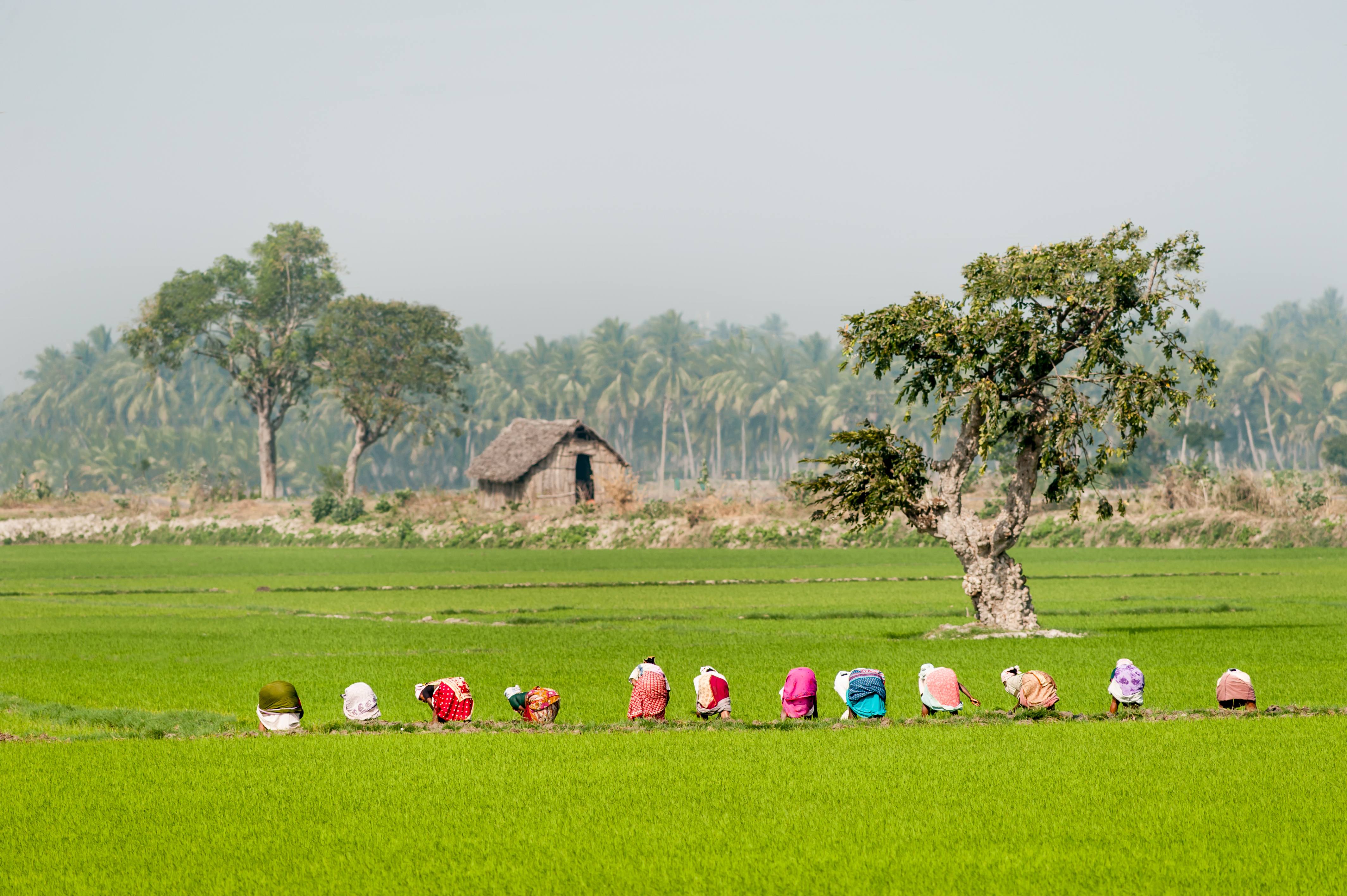| New colleagues
We are delighted to welcome several new Ergonauts; Kate Jelly, Anya Marcelis and Aurélie Duchesne.
Kate comes to Ergon from the consultancy Context, where she worked on sustainability and gender pay gap reports, modern slavery statements, and employee engagement programmes. She previously worked in the Conflict, Humanitarian and Security Operations Team at DFID, where she project-managed humanitarian deployments and coordinated an emergency humanitarian staffing programme on behalf of UN agencies and NGOs. She has an MSc in Gender, Policy and Inequalities from LSE.
Anya, who is working in our Netherlands office, has conducted research and analysis of financial and trade relationships in and across global supply chains, assessments of corporate social responsibility (CSR) policies and analyses of commercial and development finance institutions’ portfolios across ESG-sensitive sectors. Anya has an MSc in Labour, Social Movements and Development from SOAS.
Aurélie has worked on business and human rights in the Oil and Gas sector. Her main interests and expertise include: Human rights and labour rights in global supply chains, in particular in the oil and gas sector; Land rights, environmental justice and the rights of indigenous people; Human rights and security related issues. Aurelie has a law degree from the University of Strasbourg and a LL.M in the Humanities and International law from the University of Kent. |

